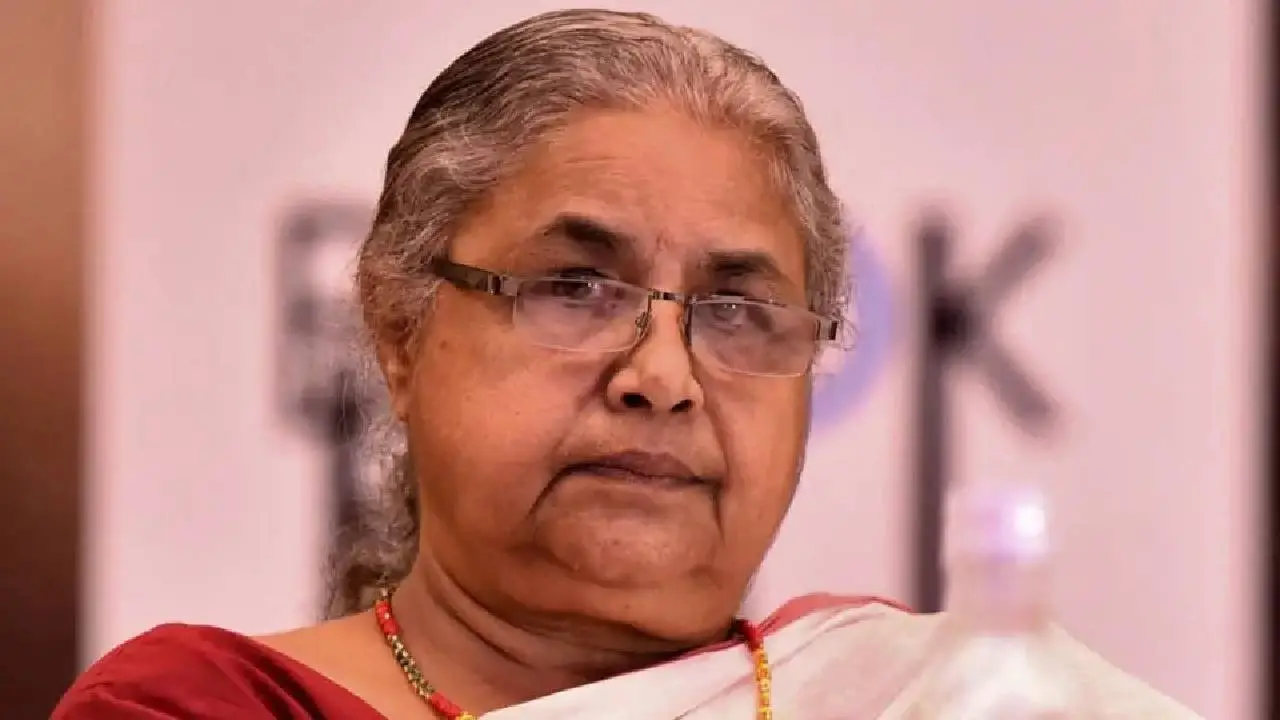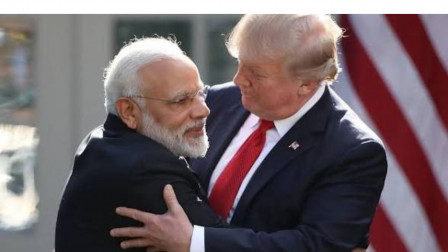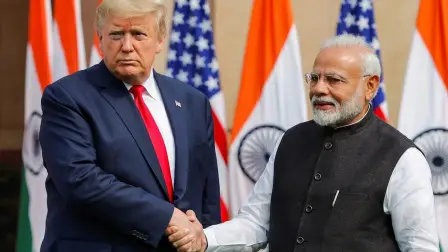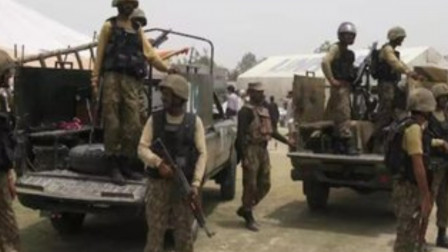
NEPAL PM
International News: Nepal is set to make history by appointing Sushila Karki as the first female interim Prime Minister. Karki, a former Chief Justice of the Supreme Court, has been chosen to lead the country during this period of political transition. Her oath-taking ceremony is scheduled for 8:45 pm. This announcement marks a rare moment in Nepal’s turbulent political journey, where the balance of power often shifts unexpectedly. The dissolution of Parliament tonight will officially begin her tenure. For many Nepalese citizens, this moment is a source of pride and curiosity about the future of their politics.
The decision to appoint Sushila Karki as interim PM came after weeks of political unrest. The resignation of previous leaders and the inability of parties to agree on a new government created a leadership vacuum. To prevent instability, Karki was seen as the most neutral and trusted choice. Her past as Chief Justice helped build confidence that she would act fairly and independently. This political shift is being closely monitored not only in Nepal but also by neighboring countries, who are keen to see how the situation develops in the coming weeks.
Nepal’s Constitution of 2015 clearly outlines the process of appointing a caretaker Prime Minister in times of crisis. Article 76 specifies that if a new Prime Minister cannot be elected, the President can appoint a caretaker until elections are held. Sushila Karki’s appointment follows this rule, ensuring continuity in governance while avoiding a total administrative vacuum. However, her powers will be limited to running day-to-day affairs and keeping the government stable. She will not be allowed to make long-term policy changes or take major international decisions.
As an interim Prime Minister, Sushila Karki will have restricted authority. Her role will focus on administrative duties such as ensuring law and order, running essential services, and preparing the ground for the next elections. She will not have the power to sign new treaties, launch new development projects, or make major policy decisions. These limitations are designed to keep the interim government neutral. The main goal of her leadership will be to maintain stability and ensure that elections can take place peacefully and fairly.
Nepal’s internal changes often have external consequences, particularly for India and China. Sushila Karki’s appointment is being viewed with interest in New Delhi, as she has previously studied at Banaras Hindu University and expressed respect for Indian leadership. This could signal closer ties with India in the coming months. On the other hand, China, which had strong relations with previous leaders, may view this shift as a setback. International observers believe that the interim period could redefine Nepal’s foreign policy direction in subtle but important ways.
The people of Nepal have mixed reactions to Karki’s appointment. For many, it is a proud moment to see a woman leading the country, even if only temporarily. Supporters hope she will bring fairness and calm to the political environment. Critics, however, argue that limited powers of an interim PM will prevent her from bringing meaningful change. Still, ordinary citizens expect her to focus on stability, relief for flood-affected communities, and preparations for upcoming elections. The eyes of the public are now firmly set on how she handles the challenges ahead.
The most important task for Sushila Karki will be ensuring a smooth path to elections. Her leadership will set the stage for political parties to campaign and prepare for the next government. Observers believe that if she manages to maintain stability, her tenure will be remembered as a successful transition. If, however, political infighting or unrest grows, her position could become difficult. For now, Nepal stands at a critical crossroads, with history being made and the nation waiting to see what comes next under its first female interim Prime Minister.








Copyright © 2026 Top Indian News
